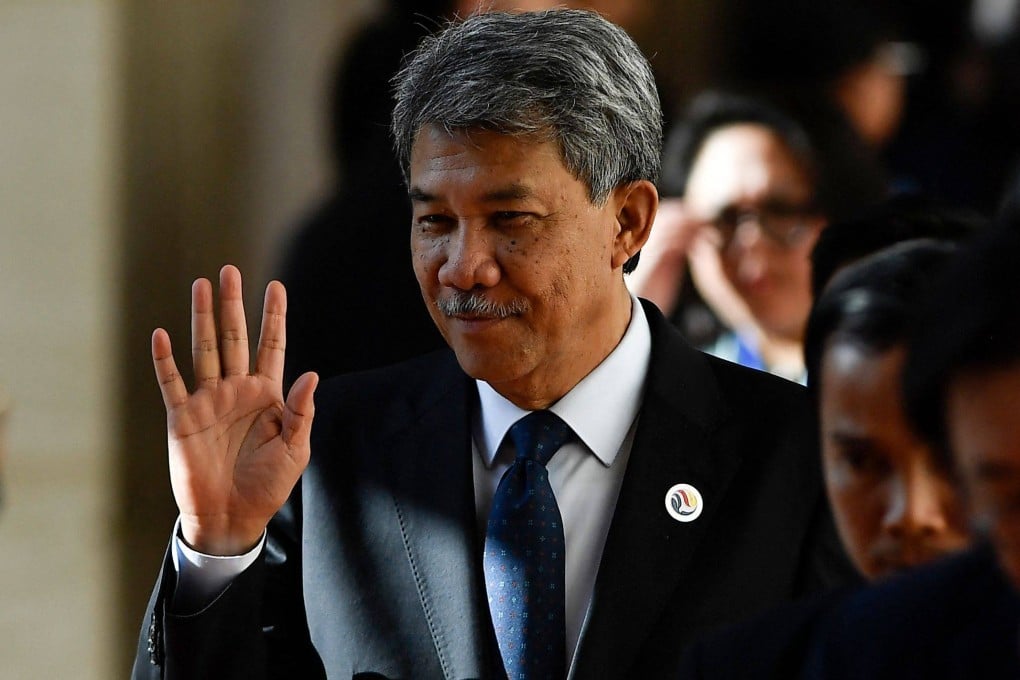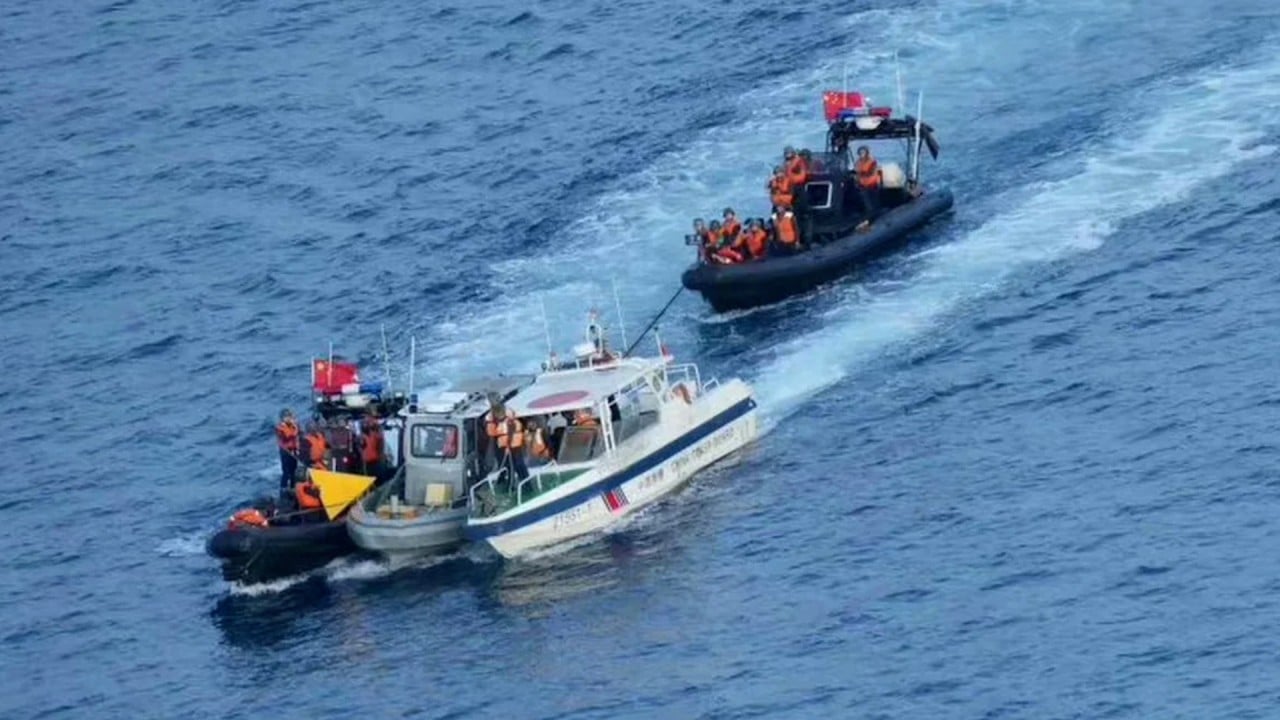What’s Malaysia’s stance on the South China Sea? Latest remarks raise potential shift
- Comments from Malaysia’s foreign minister and its decision to join a Chinese-led regional bloc raised concerns about its neutral foreign policy

“It is better for issues within Asean and the Southeast Asian region to be resolved through negotiations and dialogue among the countries themselves,” the minister said, adding that external influence would lead to “uncertainty” in the region.
Tensions between China and the Philippines have escalated in recent months, leading to clashes in the disputed area, including an “intentional-high speed ramming” by a Chinese Coast Guard ship on June 17, in which a Filipino sailor suffered serious injury.
Sharon Seah, coordinator of the Asean Studies Centre at the ISEAS-Yusof Ishak Institute in Singapore, said there was great “frustration” from the Philippines at the drafting of last week’s ministerial meeting joint communique as Manila’s attempts to reflect the ramming incident were rejected by Asean, particularly Cambodia and the Asean chair Laos.
